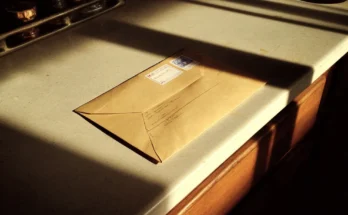Five years after her husband’s death, a woman has been raising their child alone, navigating the challenges of single motherhood. But her quiet life was shattered when another woman appeared at her doorstep, claiming to have had a child with her late husband—and demanding half of his estate.
Initially dismissing it as a scam, the widow was stunned when the visitor produced a DNA test confirming the child’s paternity. Her response was blunt: “Half of nothing is still nothing.” Her husband had left no estate behind, only a rental house gifted by his parents, which was jointly owned and legally transferred to her upon his death. She sold it to fund her own child’s college education.
Despite consulting a lawyer and confirming she owed nothing legally, the widow faced backlash from friends and family who accused her of being cold and unfair. But she stood firm, prioritizing her child’s future over the demands of a stranger.
She turned to Bright Side readers with a question: Is she wrong for refusing to share, or is the other woman exploiting grief for financial gain?
The online response was overwhelmingly supportive. Many praised her for protecting her child and refusing to be guilted into giving away what wasn’t owed. One commenter summed it up: “Legally AND morally, you owe her nothing. Your priority is raising your child, not fixing his mistakes.”
The widow’s story sparked fierce debate—but also a wave of solidarity from those who’ve faced similar moral dilemmas. Her decision, though controversial, was rooted in love, survival, and the belief that responsibility ends where deception begins.


